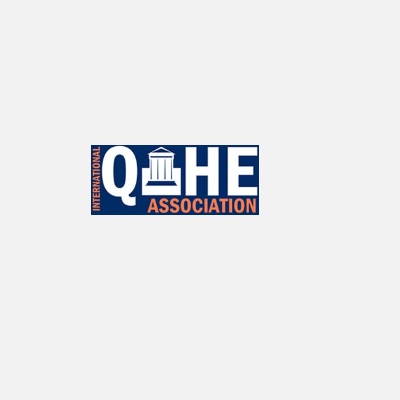In the rapidly evolving world of education, ensuring the quality and credibility of educational programs has never been more crucial. This is where the significance of online school accreditation and preschool accreditation comes into play. Accreditation serves as a hallmark of quality, assuring students, parents, and stakeholders that the institution meets or exceeds established standards. In this article, we will delve into the importance of accreditation, the benefits it brings, and how institutions like QAHE contribute to this vital process.
Understanding Online School Accreditation
What is Online School Accreditation? Online school accreditation is a rigorous evaluation process that educational institutions undergo to demonstrate that their programs meet specific quality standards. This process involves an in-depth review of various aspects such as curriculum, faculty qualifications, student services, and administrative policies. Accreditation ensures that online schools provide a level of education that is on par with traditional brick-and-mortar institutions.
Why is Online School Accreditation Important?
Quality Assurance: Accreditation guarantees that the institution adheres to high academic standards, providing students with a quality education that is recognized and respected.
Credibility and Recognition: Accredited institutions are more likely to be recognized by employers, other educational institutions, and government bodies. This recognition can enhance the institution's reputation and attract more students.
Student Benefits: Students attending accredited online schools have better access to financial aid, scholarships, and transfer credits. This opens up more opportunities for further education and career advancement.
Continuous Improvement: The accreditation process involves regular reviews and assessments, encouraging institutions to continually improve and stay current with educational trends and best practices.
Exploring Preschool Accreditation
What is Preschool Accreditation? Preschool accreditation is a process designed to evaluate and ensure the quality of early childhood education programs. This accreditation assesses various components, including the curriculum, teacher qualifications, health and safety standards, and family engagement practices. Accredited preschools are committed to providing a nurturing and educational environment for young children.
The Significance of Preschool Accreditation
Educational Excellence: Accreditation ensures that preschools adhere to high standards of education, promoting the cognitive, social, and emotional development of young children.
Parental Confidence: Parents can trust that accredited preschools provide a safe and supportive environment, staffed by qualified professionals who are dedicated to early childhood education.
School Readiness: Accredited preschools prepare children for future academic success by fostering a love for learning and developing essential skills.
Professional Development: Accreditation encourages preschool staff to pursue ongoing professional development, ensuring that they stay updated with the latest teaching methods and child development research.
The Role of QAHE in Accreditation
QAHE (Quality Assurance Higher Education) plays a pivotal role in the accreditation of online schools and preschools. By providing comprehensive evaluation services, QAHE helps institutions meet and maintain high standards of quality. Here’s how QAHE contributes to the accreditation process:
Thorough Assessments: QAHE conducts detailed assessments of educational programs, ensuring that they meet established criteria for quality and effectiveness.
Expert Guidance: QAHE offers guidance and support to institutions throughout the accreditation process, helping them identify areas for improvement and implement best practices.
Ongoing Monitoring: Post-accreditation, QAHE continues to monitor institutions to ensure that they uphold the standards and continue to provide quality education.
Global Recognition: QAHE’s accreditation is recognized internationally, enhancing the credibility and reputation of accredited institutions on a global scale.
The Accreditation Process: Steps to Success
Self-Assessment Institutions begin the accreditation process with a self-assessment, evaluating their programs, policies, and practices against established standards. This step involves gathering documentation, conducting internal reviews, and identifying strengths and areas for improvement.
External Review After the self-assessment, an external review team from QAHE conducts an on-site evaluation (or virtual evaluation for online schools). This team assesses the institution’s compliance with accreditation standards, conducts interviews, and reviews documentation.
Accreditation Decision Based on the findings of the external review, QAHE makes an accreditation decision. Institutions that meet the standards are granted accreditation, while those that fall short may receive recommendations for improvement and a timeline for re-evaluation.
Continuous Improvement Accredited institutions engage in continuous improvement efforts, regularly reviewing and updating their programs and practices to maintain high standards. QAHE provides ongoing support and monitoring to ensure sustained excellence.
Conclusion
Online school accreditation and preschool accreditation are essential for ensuring the quality and credibility of educational programs. Accreditation not only benefits institutions by enhancing their reputation and recognition but also provides students and parents with confidence in the education they receive. QAHE plays a vital role in this process, offering expert guidance and rigorous evaluation to help institutions achieve and maintain high standards. By prioritizing accreditation, educational institutions can ensure that they provide the best possible learning experiences for their students, preparing them for future success.





Comments